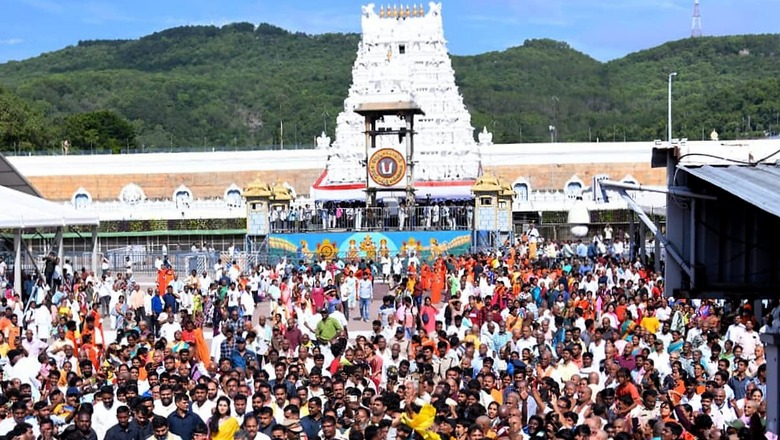
views
The religious management of the Tirumala Tirupati Balaji temple has been carried out by four powerful families of priests for centuries. The rituals in the temple starting from early morning to evening are performed by people of these families. Though the temple has a total staff of 58 priests, 23 priests from these four affluent families are appointed by tradition.
These four families are – Paidipalli, Gollapalli, Peddinthi and Tirupatamma. They have been performing rituals in the Sri Venkateswara Swamy temple in Tirumala for generations.
The Tirumala Tirupati Devasthanam Trust has a total staff of 16,000 people for all kinds of works. There are 35 non-hereditary priests in the temple.
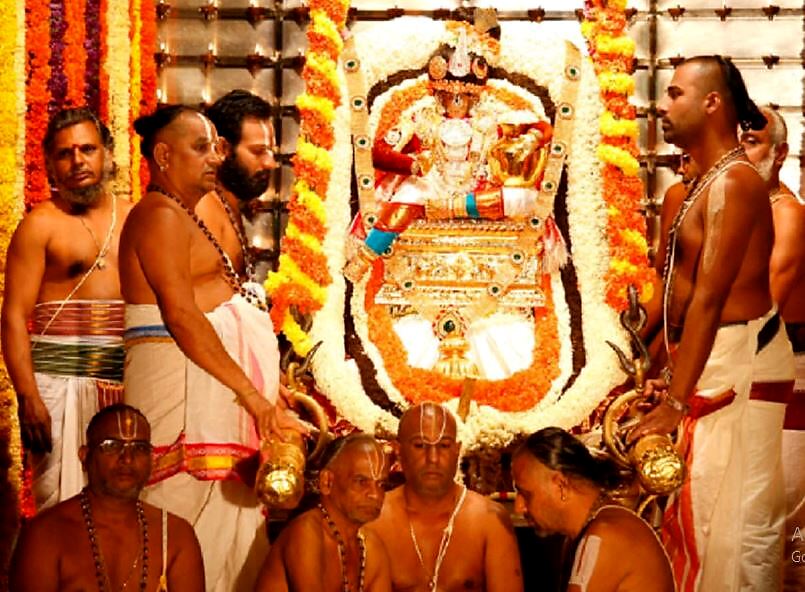
The main priest of the temple, known as Pradhan Archak is appointed through heredity. His monthly salary is around Rs 82,000 along with additional facilities.
The other head priests are also appointed through heredity. They get a salary of Rs 52,000 every month. He also receives separate allowances, though the exact amount is not disclosed. The salary of non-hereditary priests ranges from Rs 30,000 to Rs 60,000 depending on experience.
All priests are provided with houses to live in, although there is no formal rule for this. The priests also receive various types of allowances in addition to their salary. However, the specific details about these allowances are not available. TTD covers the healthcare expenses of all priests and their families. It also operates its own state-of-the-art hospital.
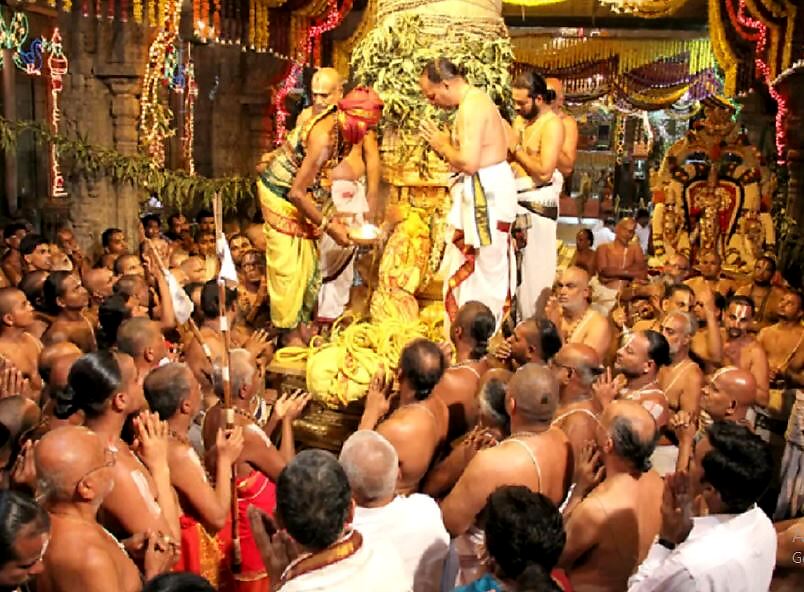
All priests are entitled to leave, though this is not strictly regulated. Priests have a set retirement age of 65, following which they receive retirement benefits. This policy has been in place since 2018. However, when the matter went to court, the state government removed this rule. This rule does not apply to non-hereditary priests, and the case is still ongoing in court.
Every priest can use their quota to bring their family or a few individuals for VIP darshan at the temple. TTD priests, particularly hereditary ones, are entitled to a set number of VIP passes for darshan at the Tirumala temple. Each priest receives two VIP passes. They are allowed to bring their family members or guests for a quick darshan.
The four hereditary priestly families of the Tirupati temple are descendants of Gopinathcharyulu, the temple’s first priest, who was an expert in the Vaikhanasa Agama, a sacred code on temple rituals. Vaikhanasa Agama is one of the two worship traditions in Vishnu temples. Members of these families, known as Archakas, have been associated with the Tirumala Temple and Govindaraja Swamy Temple for nearly 2,000 years. They are traditionally seen as the custodians of temple rituals and customs. They perform daily rituals (Nithya Kainkaryam) and special ceremonies, ensuring adherence to the Agama scriptures that govern temple practices.
The chief priest of the Tirupati temple, Venugopal Dikshitulu, belongs to the Gollapalli family. He became the chief priest in 2018. Earlier, the chief priest of the temple was AV Ramana Dikshitulu, who also belonged to the Gollapalli family. He was said to be an expert in temple rituals. He had a doctorate degree in microbiology. He became a priest in 1967 after the death of his father.
It is believed that these four priest families get a share from the total earnings of TTD. People from these four families also hold influential positions within TTD. Their assets are believed to be in crores and command a lot of influence and power. They have direct access to the Chief Minister and conduct rituals for influential people across the country.












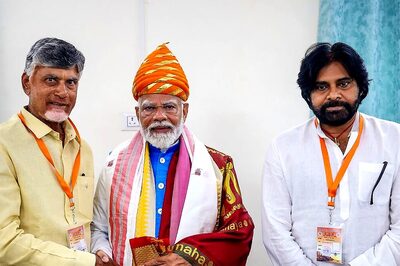





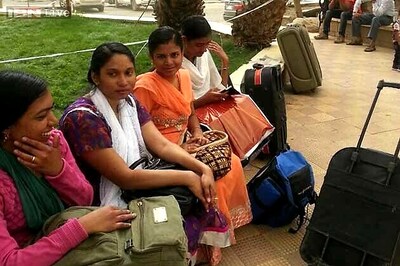

Comments
0 comment